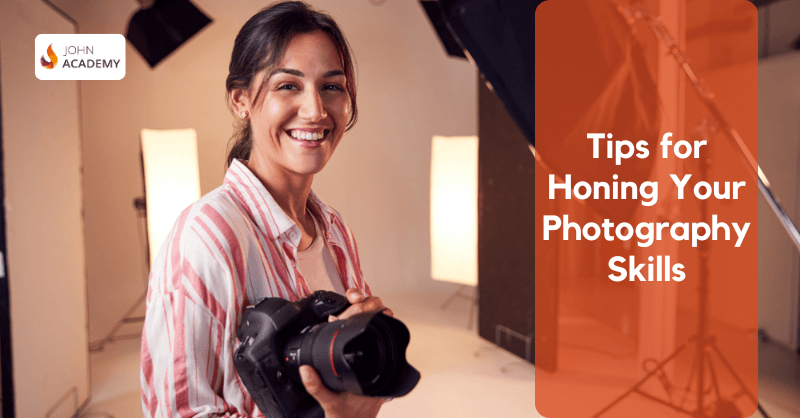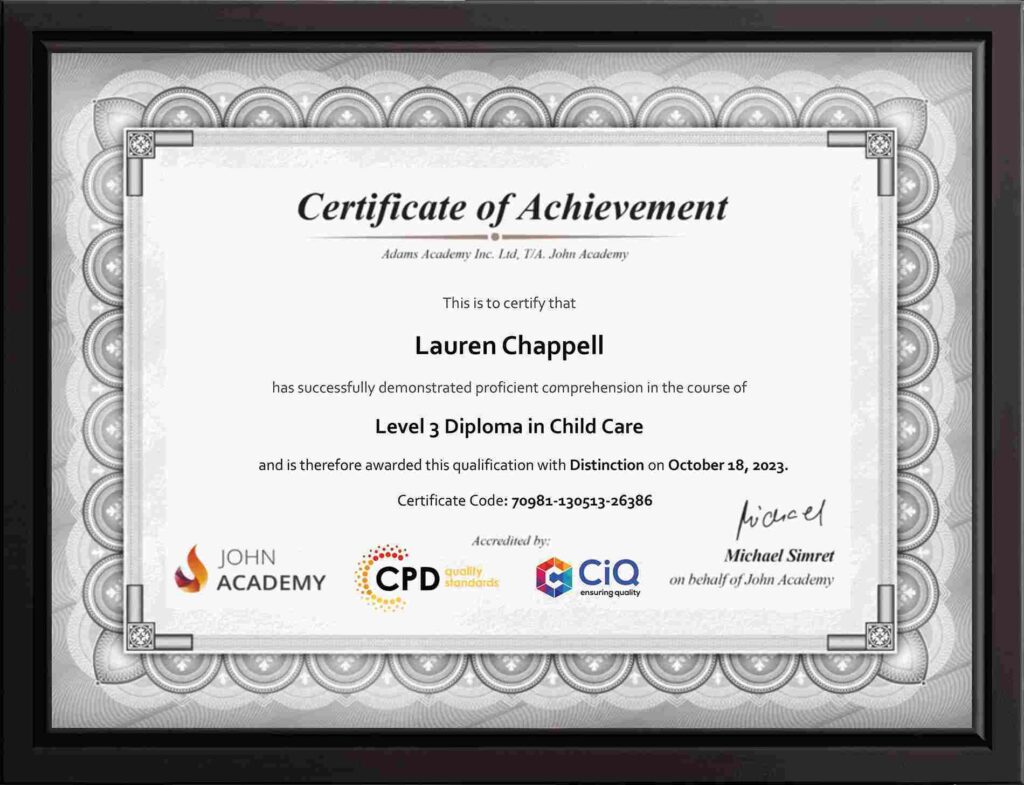
In recent years, the allure of photography as both a hobby and a professional endeavour has surged remarkably. For many, photography offers a means to preserve memories and also opens a pathway to explore the world through a unique perspective and tell stories in a way that words alone cannot. Moreover, the digital age has made it easier than ever for photographers to showcase their work to a global audience and turn their passion projects into professional pursuits if they choose.
Whether you’re snapping shots for pleasure or profit, taking active steps to improve your craft can benefit you in many ways. The journey of a photographer is one of perpetual learning, where each click of the shutter offers a lesson in creativity, technical skill, and personal vision. Enhancing your photography skills is sure to elevate the quality of your images—but more than that, it also broadens your creative horizons and opens doors to new ways of seeing the world.
As you embark on your photography journey, it’s essential to seek out ways to refine and develop your skills. Here are practical suggestions designed to inspire and assist photographers at every level of expertise:
Understanding Your Equipment
While photographers are highly dependent on the technology at their disposal, capturing stunning photos goes beyond investing in the latest gear. When you understand precisely how your camera and lenses work, you’ll gain a better idea of how to make the most of what you have—and this understanding can profoundly impact the quality of your pictures. Familiarise yourself with the various settings and features of your camera and experiment with different lenses to understand their effects on composition and perspective. The better you know your equipment, the better you can adapt to different shooting conditions and overcome creative challenges.
Try Shooting in a Studio
A professional studio offers a unique environment where every element, from lighting to background, can be controlled and manipulated to achieve the desired outcome. Think of this setting as a playground in which you can freely exercise your creativity, as it lets you experiment with various lighting setups, props, and arrangements without the unpredictability of outdoor elements. Photography studios in London and other major cities will also likely come equipped both with cutting-edge equipment and competent staff, so you’ll have all the help you need to bring your projects to life.
Learn from Others You Admire
Inspiration is a powerful tool for growth. Try studying the work of photographers whose style resonates with you to gain insights into their techniques and creative decision-making processes. Attend exhibitions, browse photography books, or follow online tutorials and workshops offered by professionals you admire. Observing and analysing the work of others can do wonders for your motivation; it may also open your eyes to new possibilities and techniques you can apply to your own photography.
Experiment with Lighting
Light plays a pivotal role in photography, shaping the mood, texture and overall feel of the image. Exploring the nuances of both natural and artificial lighting can dramatically alter the overall quality of your photos. Practice shooting at different times of the day to observe how natural light changes and affects your images. Experimenting with artificial lighting setups can also offer insights into how you might manipulate shadows and highlights to enhance your subject. Once you’ve understood and mastered lighting, it will only be a matter of time before you can capture stunning images in any condition.
Seek Feedback
Constructive criticism is invaluable for your growth as a photographer. Sharing your work with peers, joining photography groups, or participating in online forums can provide you with diverse perspectives on your work. Feedback highlights areas for improvement, encourages you to view your work through a different lens, and challenges you to push your boundaries. Embrace these critiques with an open mind, as they are essential stepping stones on your journey to becoming a better photographer.
Study Post-Processing
The art of post-processing is as crucial as capturing the shot itself. The editing process allows you to fine-tune details and correct imperfections—and sometimes it can even be the key to transforming a good photo into a great one. Begin with mastering the basics, such as adjusting exposure, colour balance, and cropping. As your skills advance, explore more sophisticated techniques like retouching and compositing. Familiarity with post-processing software will both enhance the aesthetic appeal of your images and expand your creative possibilities. Learning post-processing techniques also teaches you when to stop and avoid over-editing.
Practise as Much as You Can
There is no substitute for practice in the world of photography. The more you shoot, the more intuitively you’ll understand the interplay between light, composition and subject. Set yourself challenges or projects, such as capturing the essence of a city or telling a story through a series of images. Plus, practice doesn’t just make perfect—it makes permanent. By consistently applying the techniques and tips you learn, you’ll not only improve your skills but also develop a unique style that sets your work apart.
Closing Note
Every shot you take throughout your photography journey is a step towards mastering this beautiful art form. Embrace the process of continuous learning and experimentation, as everything you experience can ultimately be a way to hone your skills or deepen your creative vision.

